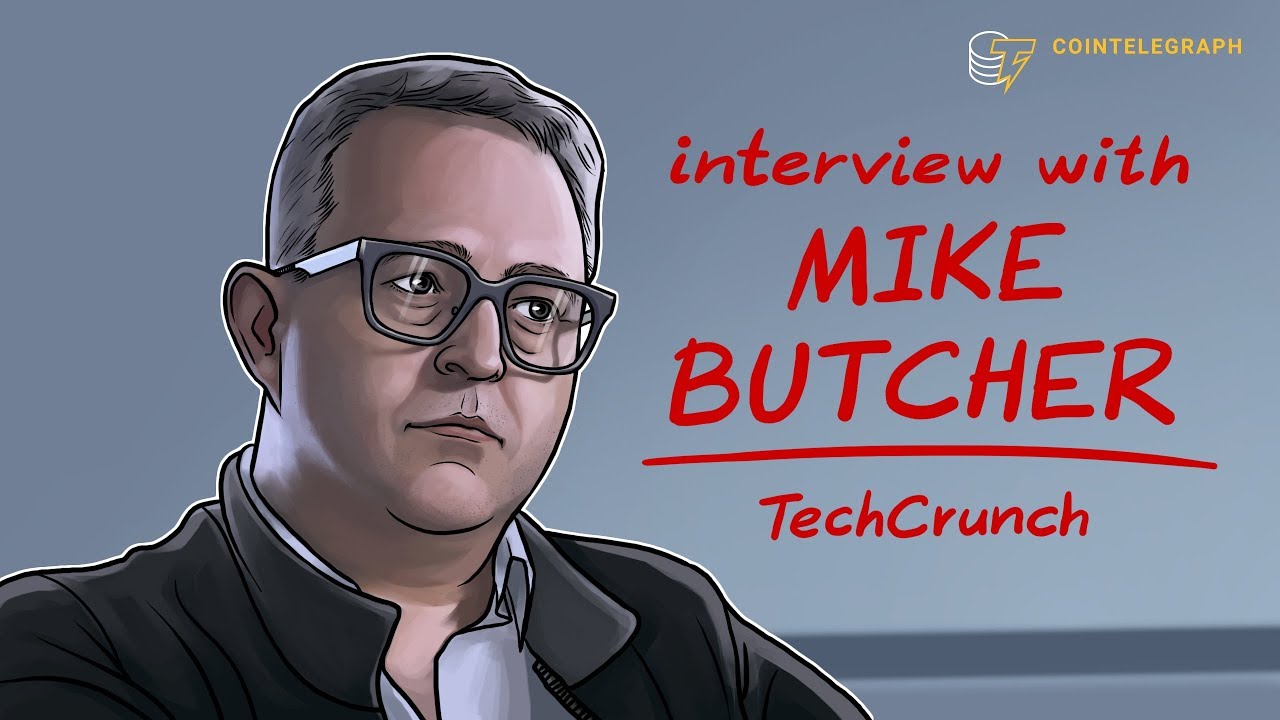Liechtenstein adapts blockchain laws, a small country in Central Europe, has been a pioneer in the regulation of blockchain technology and cryptocurrencies. In 2018, the country passed the Token and Trusted Technology Service Providers Act (TVTG), which became one of the first comprehensive pieces of legislation on blockchain technology in the world.
The TVTG provides a legal framework for the issuance, trading, and custody of tokens. It also regulates the activities of crypto service providers, such as exchanges and wallets.
In recent years, Liechtenstein has made further amendments to its blockchain laws to keep up with the rapidly developing crypto landscape. For example, in 2020, the country passed the Blockchain Act, which clarified the legal status of tokenized assets and introduced a new licensing regime for crypto service providers.
Liechtenstein’s progressive approach to blockchain regulation has made it a popular destination for crypto businesses. A number of leading crypto companies, such as Binance and Kraken, have established a presence in the country.
Liechtenstein’s blockchain laws: A brief overview
Liechtenstein’s blockchain laws are based on the following principles:
- Technology neutrality: The laws do not discriminate against any particular blockchain technology.
- Risk-based approach: The laws are designed to mitigate the risks associated with blockchain technology, such as fraud and money laundering.
- Investor protection: The laws are designed to protect investors from fraudulent ICOs and other crypto scams.
Liechtenstein’s blockchain laws: Key features
Some of the key features of Liechtenstein’s blockchain laws include:
- Tokenization: Liechtenstein’s laws recognize tokens as legal instruments. This means that tokens can be used to represent a variety of assets, such as securities, commodities, and real estate.
- Crypto service providers: Liechtenstein’s laws regulate the activities of crypto service providers, such as exchanges and wallets. Crypto service providers must obtain a license from the Financial Market Authority (FMA) before operating in the country.
- Investor protection: Liechtenstein’s laws include a number of investor protection measures, such as the requirement for ICOs to be registered with the FMA.
Liechtenstein’s blockchain laws: Impact on the crypto industry
Liechtenstein’s blockchain laws have had a positive impact on the crypto industry. The country’s progressive approach to regulation has made it a more attractive destination for crypto businesses and investors.
Liechtenstein’s blockchain laws have also helped to legitimize the crypto industry and make it more mainstream. The country’s recognition of tokens as legal instruments is a significant step forward for the crypto industry.
Liechtenstein is one of the leading countries in the world in terms of blockchain regulation. The country’s progressive approach to regulation has made it a popular destination for crypto businesses and investors.
Liechtenstein’s blockchain laws are based on the principles of technology neutrality, risk-based approach, and investor protection. The laws regulate the issuance, trading, and custody of tokens, as well as the activities of crypto service providers.
Liechtenstein’s blockchain laws have had a positive impact on the crypto industry. The country’s progressive approach to regulation has made it a more attractive destination for crypto businesses and investors. Liechtenstein’s blockchain laws have also helped to legitimize the crypto industry and make it more mainstream.
Additional thoughts
Liechtenstein’s blockchain laws are still evolving to keep up with the rapidly developing crypto landscape. However, the country’s commitment to blockchain innovation is clear. Liechtenstein is well-positioned to continue to play a leading role in the global crypto industry.




